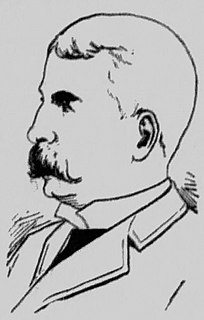A Quote by John Foster
To me, Shakespeare uses the supernatural elements to reveal his character's inner desires and fears.
Related Quotes
You must never call your enemy by a name you choose for him." “Instead you must call him by the name he calls himself. What he chooses will reflect his pride; it will reveal his desires. But what you choose to call him will reveal your fears, which should be kept to yourself, lest your enemy find the way to exploit them.
If a man gives way to all his desires, or panders to them, there will be no inner struggle in him, no 'friction,' no fire. But if, for the sake of attaining a definite aim, he struggles with desires that hinder him, he will then create a fire which will gradually transform his inner world into a single whole.
Expeditions can greatly contribute towards building strength of character. Joseph Conrad in Lord Jim tells us that it is necessary for a youth to experience events which 'reveal the inner worth of the man; the edge of his temper; the fibre of his stuff; the quality of his resistance; the secret truth of his pretences, not only to himself but others.
There are recurring elements in popularized fairy tales, such as absent parents, some sort of struggle, a transformation, and a marriage. If you look at a range of stories, you find many stories about marriage, sexual initiation, abandonment. The plots often revolve around what to me seem to be elemental fears and desires.
With Othello, Shakespeare posed this problem of a black man in a white society in the role that he's playing. And Shakespeare gave Othello such dignity - he came not from - as he said - not from hate but from honor, from a sense of his own human dignity. And to me, to my mind, there could be no greater character played.







































